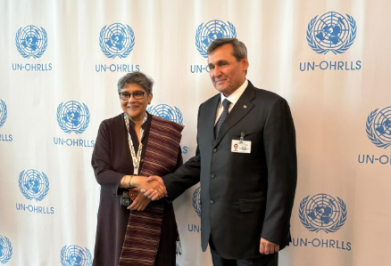Strategic partnership is not a term, but the essence of the content: Ashgabat celebrated the 76th anniversary of the People's Republic of China
27.09.2025 | 03:50 |The Embassy of the People's Republic of China in Turkmenistan held a gala reception to mark the 76th anniversary of the founding of the People's Republic of China. The reception, organized on behalf of Chinese Ambassador Ji Shumin and his wife, attracted an unprecedented number of guests.
A long line formed for the Ambassador, who received congratulations from the entire diplomatic corps, high-ranking representatives of the Turkmen government, the business community, and creative figures.
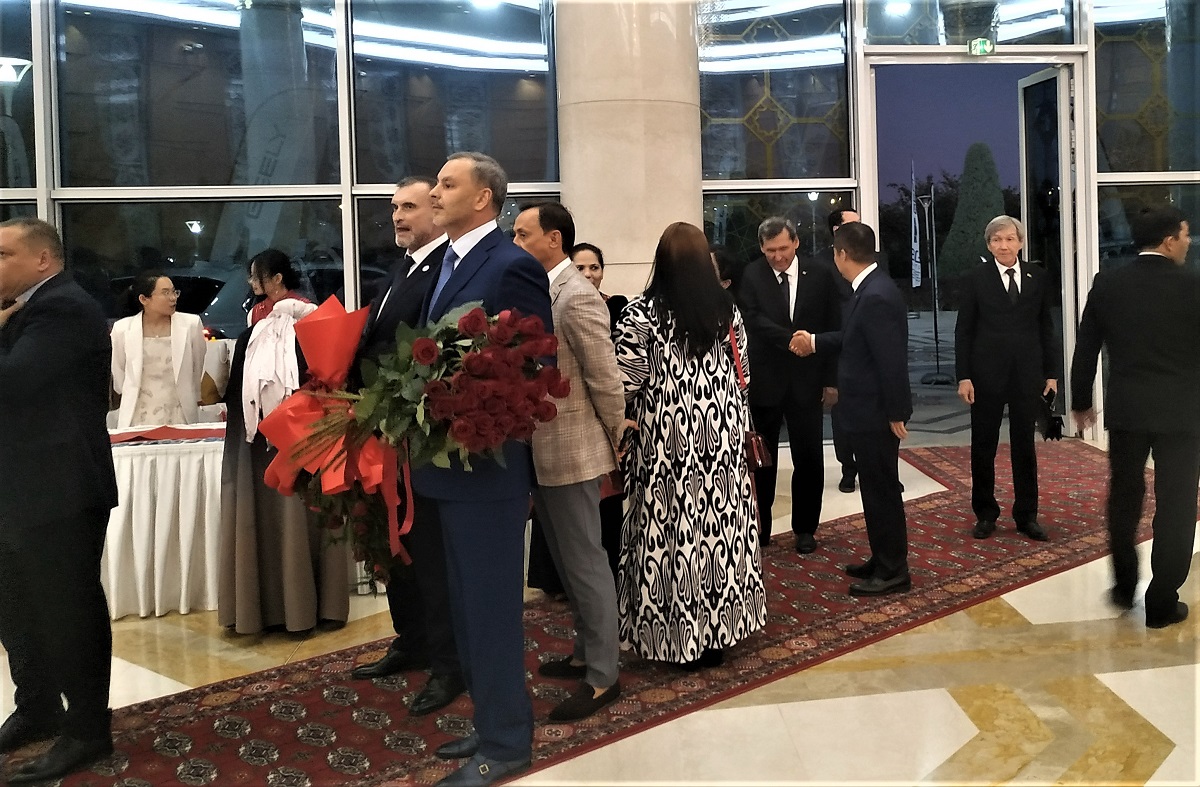
Such a high turnout confirmed the comprehensive strategic nature of the relations that various countries and international institutions are building with the People's Republic of China.
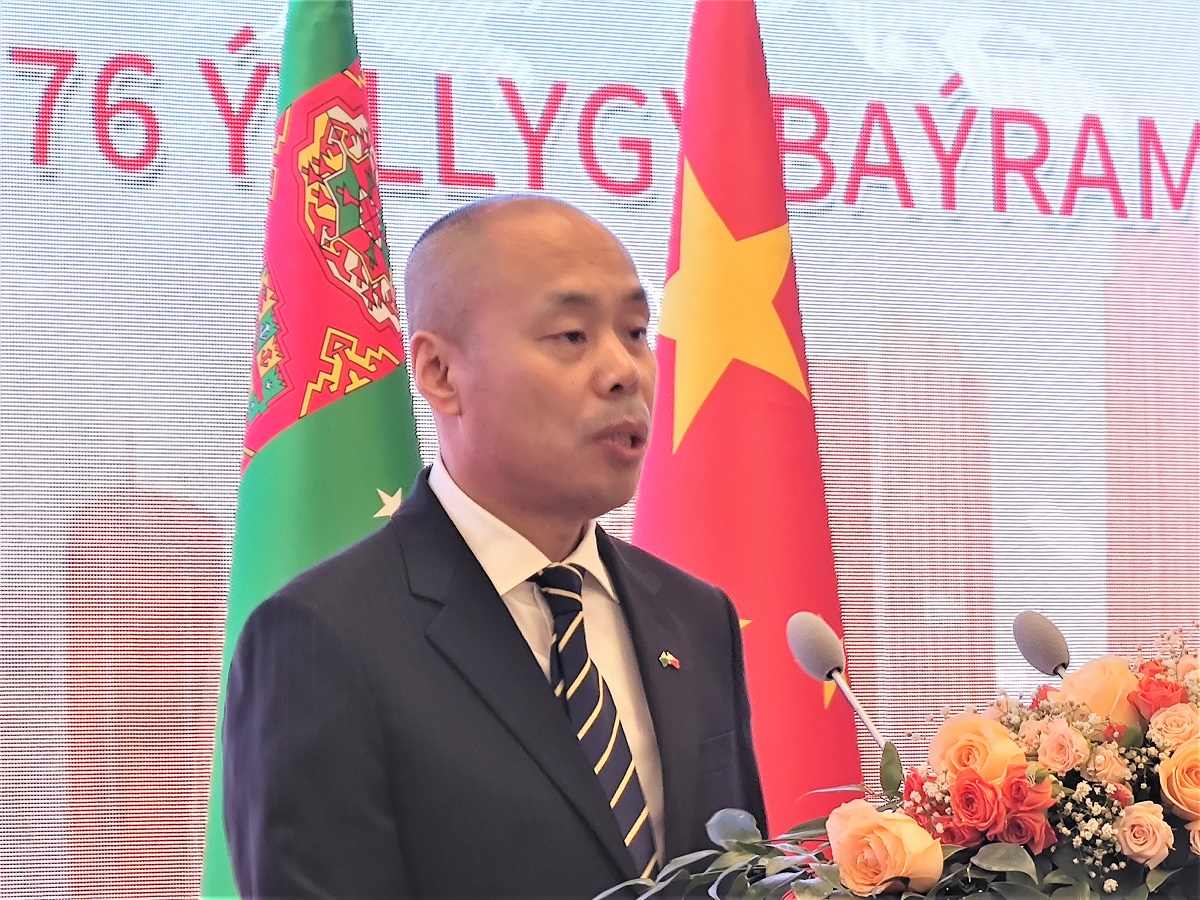
The political context of the event was underscored by speeches by Deputy Chairman of the Cabinet of Ministers and Minister of Foreign Affairs of Turkmenistan Rashid Meredov and Chinese Ambassador Ji Shumin.
Ambassador Ji Shumin emphasized high-level strategic contacts, particularly the two meetings between President Xi Jinping and President Serdar Berdimuhamedov this year. The Ambassador emphasized that the alignment of the Belt and Road Initiative with Turkmenistan's strategy to "Revive the Great Silk Road" creates unprecedented investment opportunities and reaffirmed China's readiness to jointly build a closer "China-Turkmenistan Community of Shared Future."
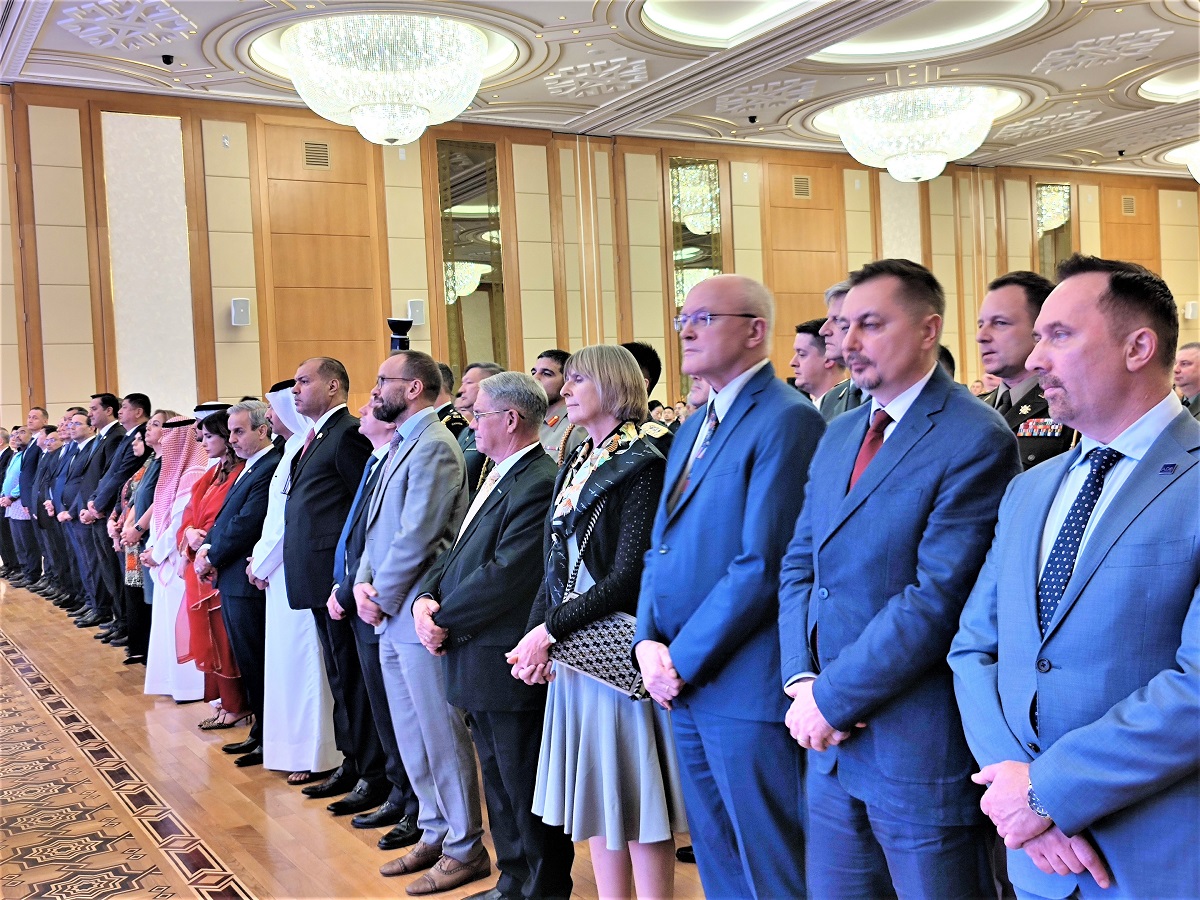
In his speech, the Ambassador noted that China has achieved significant success in areas such as aviation, space, high-speed rail, automotive manufacturing, clean energy, quantum communications, artificial intelligence, and robotics. China's contribution to global economic growth is stabilizing at 30% in the region.
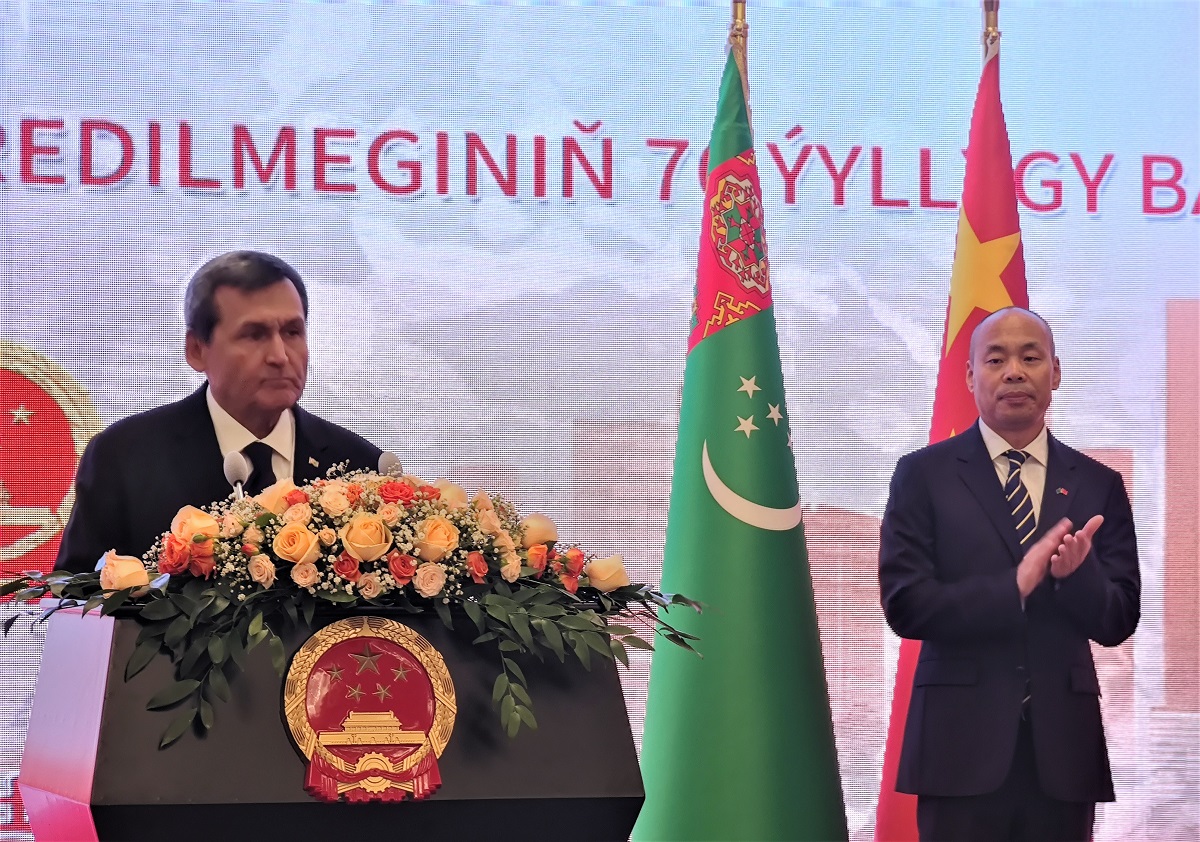
Deputy Prime Minister Meredov emphasized the unbreakable ties between Turkmenistan and China, not just centuries-old but millennia-long, recalling that the Turkmen and Chinese peoples signed the "Oath Treaty" as early as 49 BC. "Today we are talking about a comprehensive strategic partnership between the two countries. This is not just a political concept; it is the essence of modern relations," he emphasized.
The Deputy Prime Minister noted that China's successes are a modern manifestation of great wisdom: "A strong state means a rich nation." He placed particular emphasis on economic vectors: the Turkmenistan-China gas pipeline remains a "flagship," but the countries are already "beginning to implement new large-scale, long-term gas projects." Turkmenistan is also aiming to expand cooperation in non-resource sectors—transportation, communications, and the chemical industry.
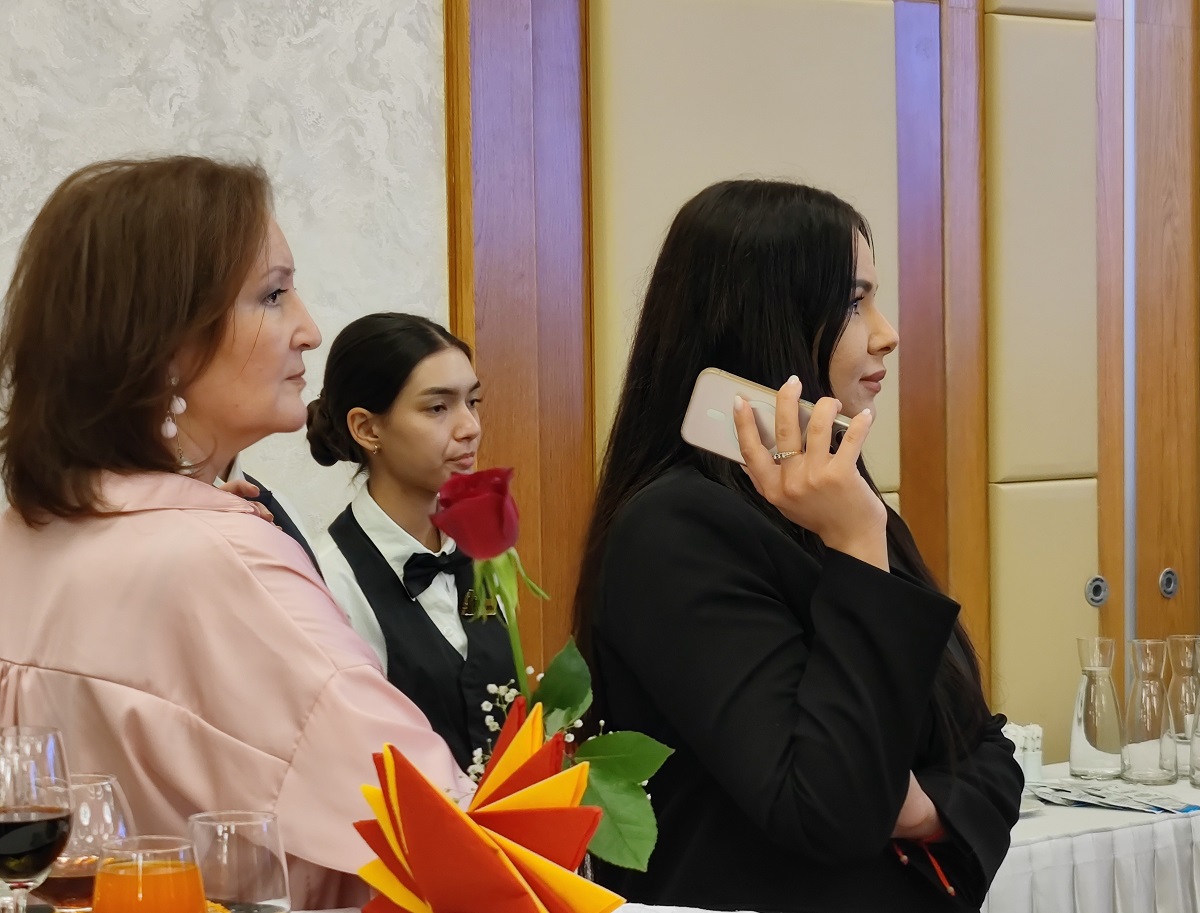
Reflecting the breadth of humanitarian ties, Meredov reported that more than 6,500 Turkmen students are studying in China, while in Turkmenistan itself, more than 7,000 schoolchildren and students are studying the language of the great Chinese people.
The reception was literally buzzing with lively interaction. A grand panorama of Chinese culture and modern technology unfolded in the hotel lobby, amid lively diplomatic conversations.
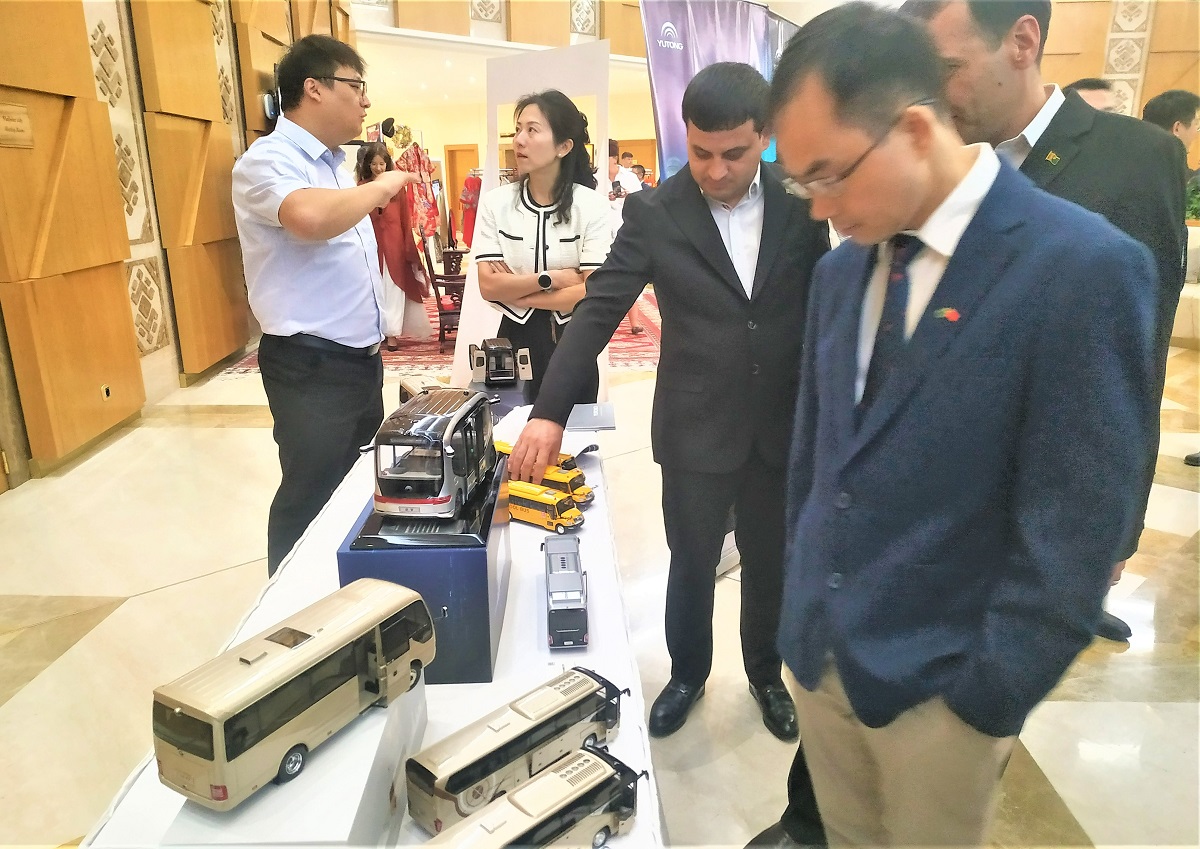
The Chinese automotive industry exhibit was particularly noteworthy: modern cars from popular Chinese brands shone on the outdoor area, while miniature models of buses, airplanes, and equipment were displayed inside. This technological emphasis echoed the recent delivery of Chinese Yutong buses to Ashgabat, demonstrating Turkmenistan's growing trust in Chinese technology.
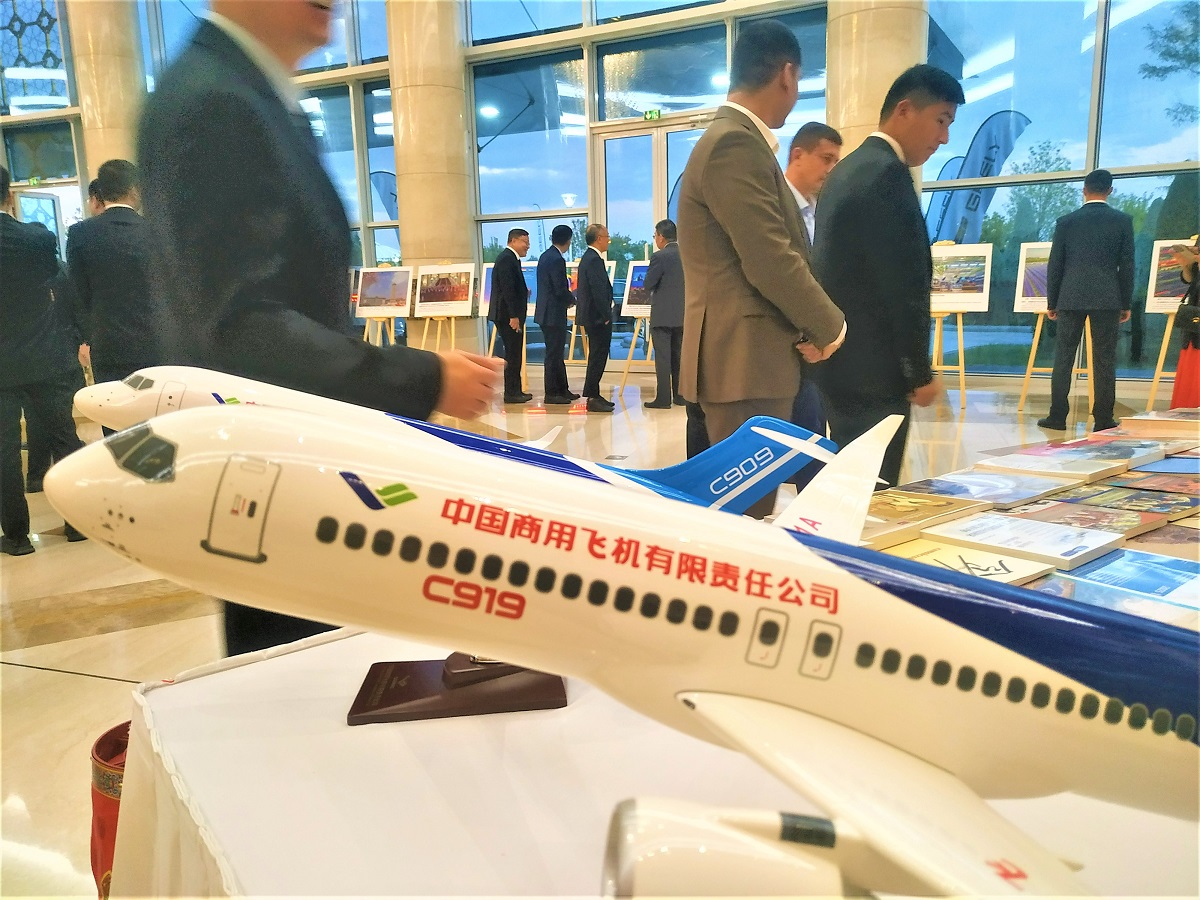
The technology contrasted harmoniously with exquisite works of Chinese art—intricately crafted vases and dishes.
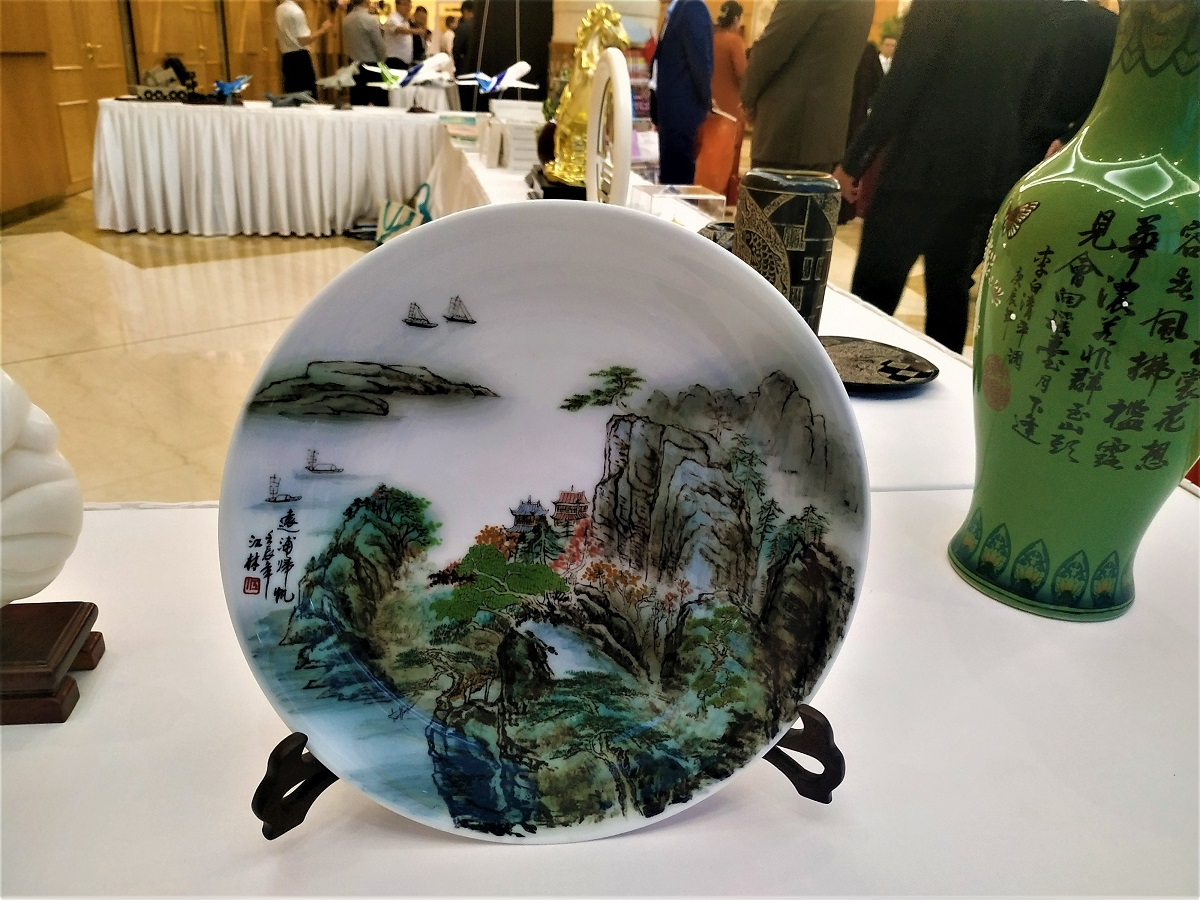
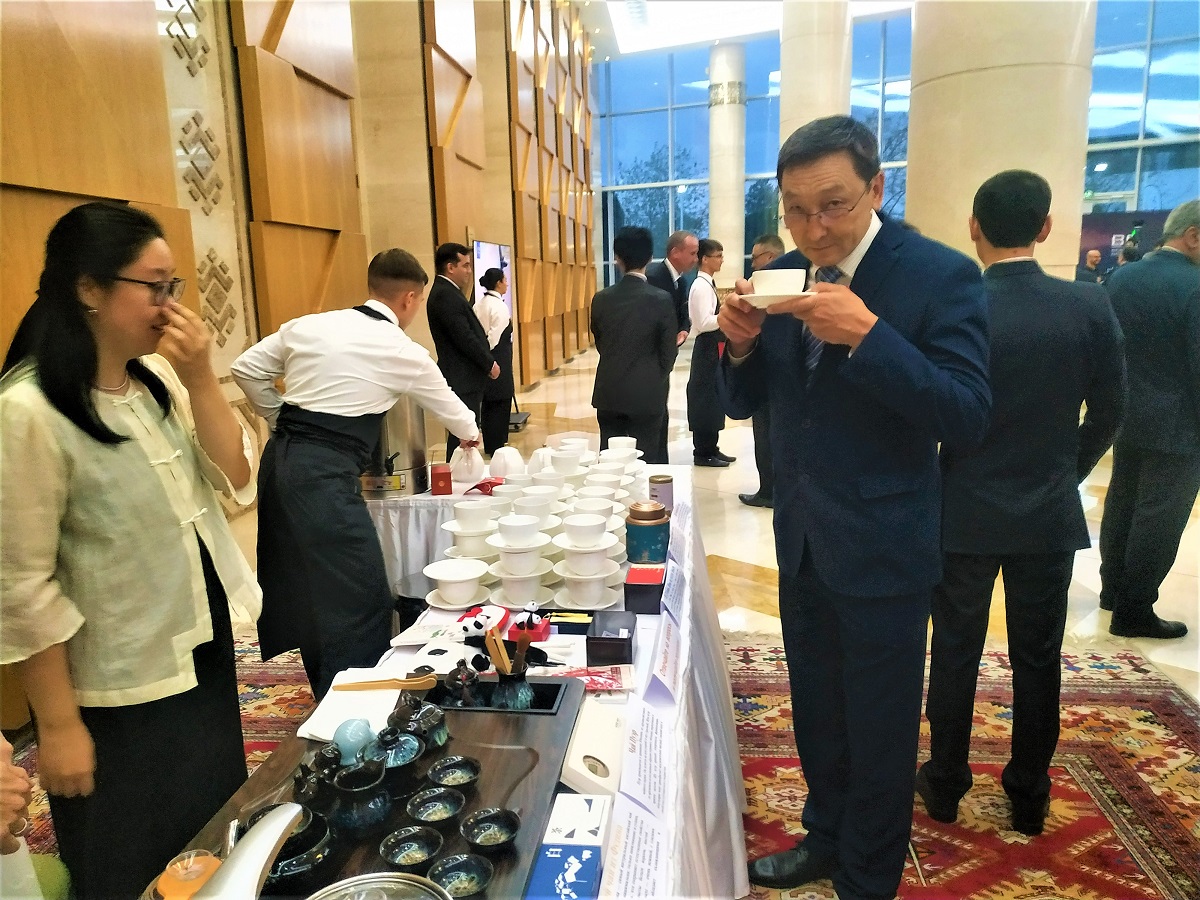
Guests enjoyed sampling different varieties of Chinese tea and trying on traditional attire for photo shoots, creating an atmosphere of open and friendly dialogue worthy of strategic partners celebrating their major national holidays.
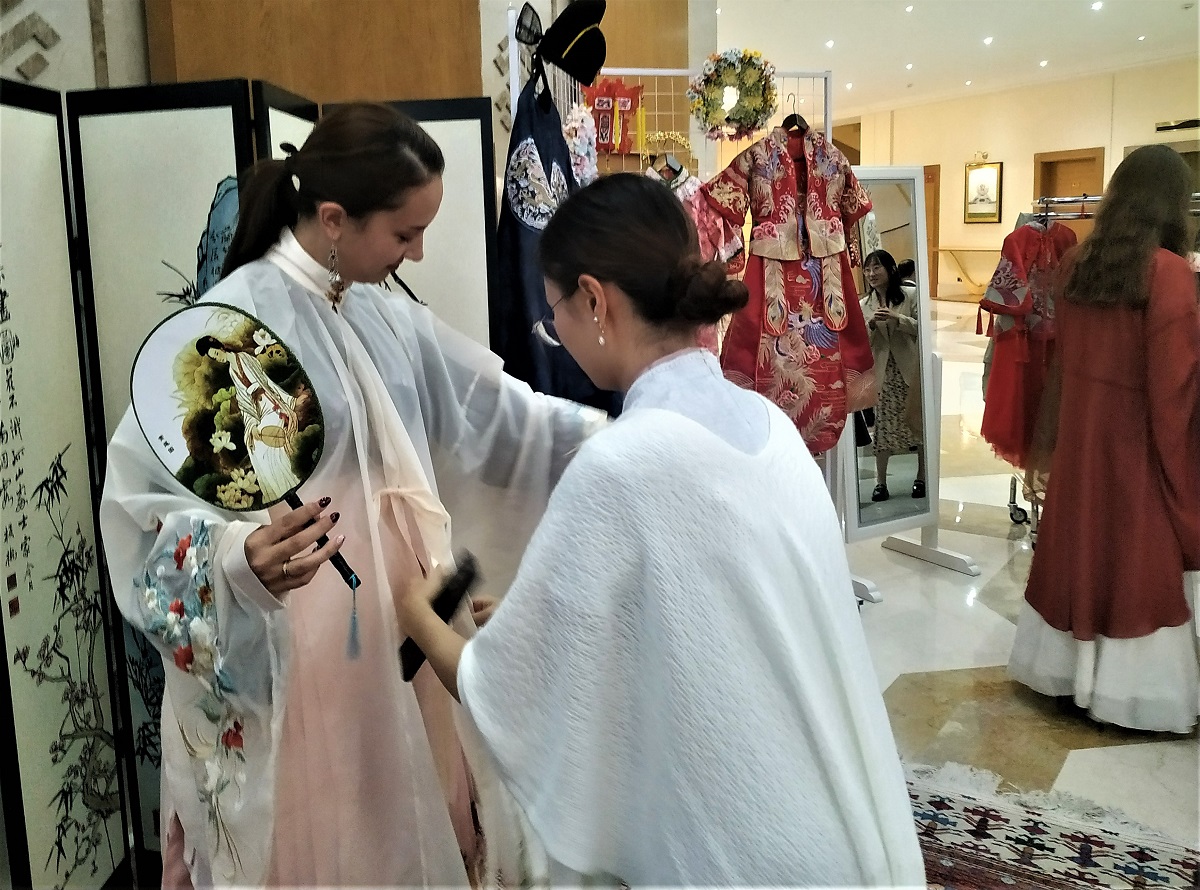
ORIENT










